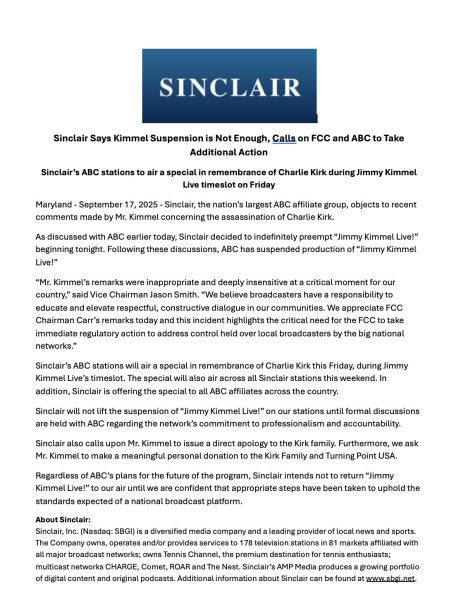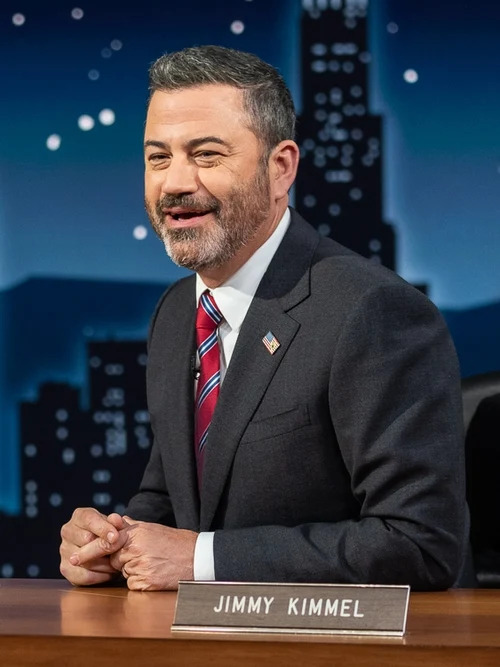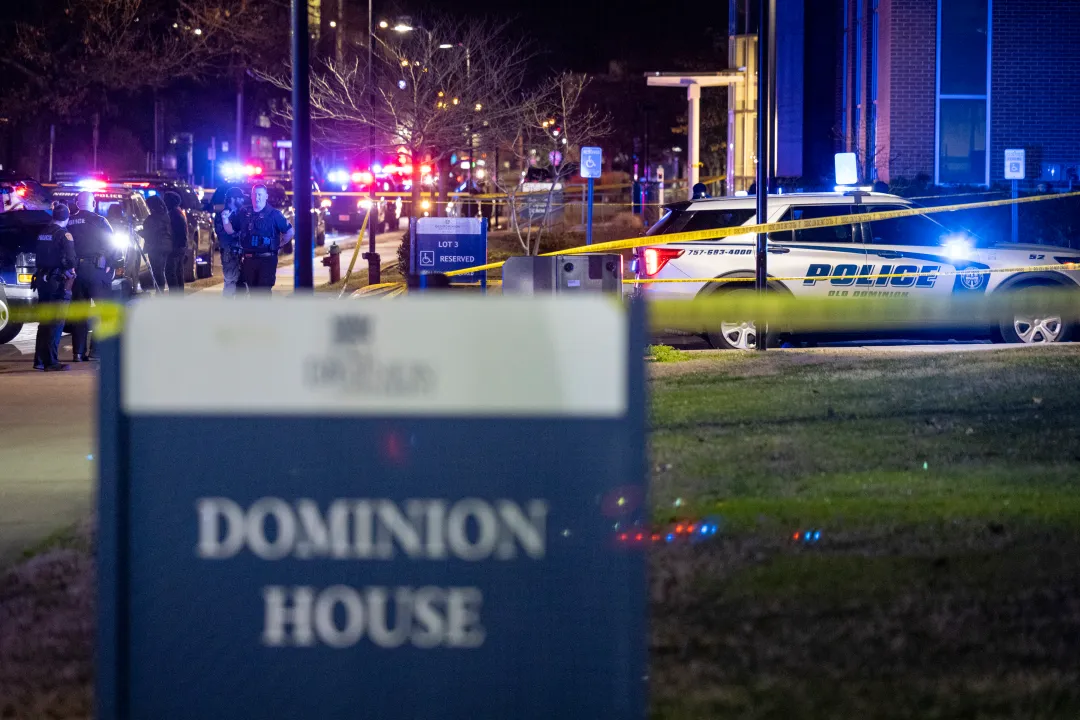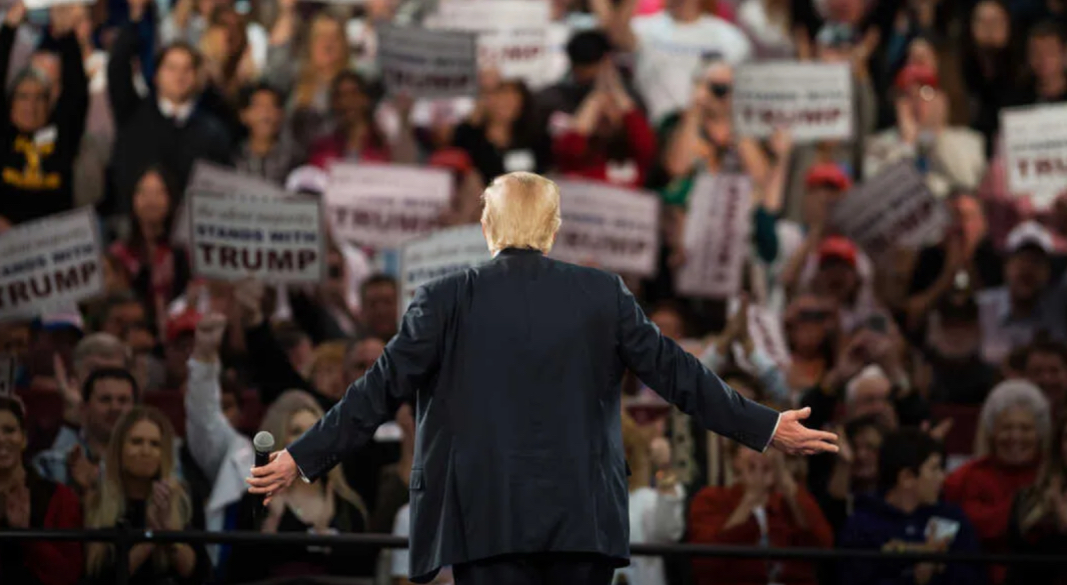On Monday, Sept. 22, Disney announced that Jimmy Kimmel would return to air after a weeklong suspension that attracted widespread online attention and sparked questions about government influence and free speech in American media.
Kimmel’s suspension followed remarks he made about the late conservative activist Charlie Kirk, which ABC initially described as indefinite. The move also came shortly after FCC Chair Brendan Carr appeared on a podcast warning ABC and Disney about possible consequences for the remarks. Carr said they could handle the situation “the easy way or the hard way,” suggesting the FCC might take regulatory measures against ABC and other licensed broadcasters if they didn’t act against Kimmel.
Kimmel’s remarks also drew reactions from ABC affiliates. Several major stations, including Nexstar Media Group and Sinclair Broadcast Group, chose not to resume airing Kimmel’s show even after Disney reinstated it, affecting roughly 25% of ABC affiliates nationwide.
Nexstar, which is currently seeking FCC approval for a $6.2 billion merger with Tegna, described Kimmel’s remarks as “ill-timed and insensitive”. Meanwhile, Sinclair demanded a formal apology from Kimmel and a donation to Turning Point USA before reconsidering broadcasting the program.

The controversy also extended far beyond just the networks, drawing strong responses from politicians and the public. President Donald Trump celebrated the suspension on Truth Social, claiming Kimmel was “fired” due to a “lack of talent.”
Texas Sen. Ted Cruz called the suspension a “fantastic thing” but described Carr’s involvement as akin to mafia-style tactics, warning it could set a dangerous precedent.
Senate Minority Leader Chuck Schumer condemned the suspension and called for Carr to resign, according to POLITICO.
As Kimmel is set to return to the air, concerns remain about whether he will modify his content or tone in light of the suspension and pushback.








